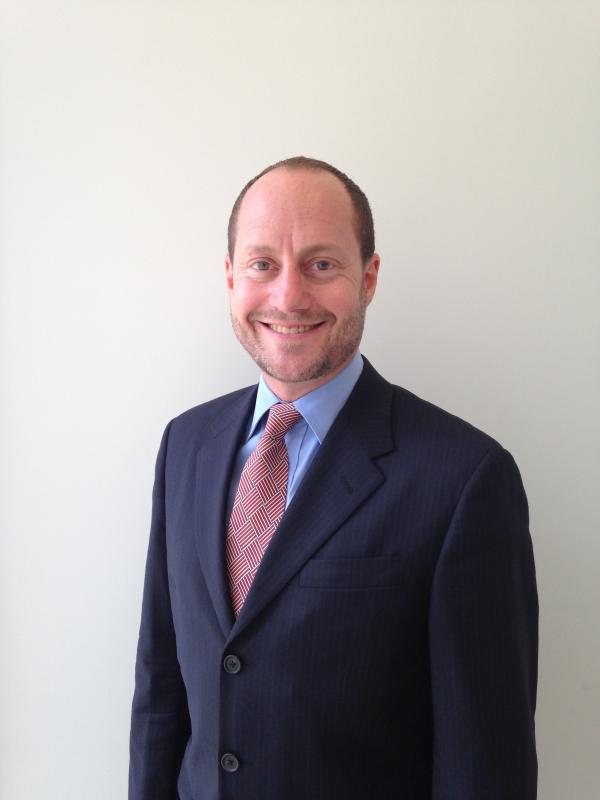By Michael Oliver Weinberg, CFA.
The title refers to the 1963 Johnny Cash song, Busted, which coincidentally mentions a family down with the flu, so is timely in more than one way. Since 2008, private credit has expanded massively due to a confluence of at least two primary factors. One, regulations such as Dodd Frank and The Volcker rules, diminished traditional financial institution's ability to leverage up their balance sheets and lend. Two, financial repression by central bankers resulted in a prolonged low nominal and negative real yield world for traditional government fixed income instruments, commercial paper, money market and saving accounts.
Due to the first factor, these constraints provided an opportunity for non-traditional, ‘alternative’ credit providers to step in and provide financing across the economy. And for this, these ‘alternative’ credit providers should be applauded, as they often provided a valuable service to small and mid-size businesses, which in turn precipitates economic growth. Due to the second factor, ‘alternative’ private credit became quite compelling to investors due to the yield pick-up, which ranged from low single digits to low teens (or more).
Aside from occasional sell-offs, i.e. During the beginning of the pandemic, the trend in yields over the past 14 years, until earlier this year was down or at worst flat. Similarly, the trend in collateral was down, with lower loan-to-value (LTV) ratios. Covenants trended toward covenant-lite, with less protection to lenders. All of this, due to the massive imbalance in demand for private credit relative to the supply. Now, we have just passed an inflection point where global central bank policy has shifted from stimulative to contractionary to ‘fight inflation’ with higher rates.
As any lender knows, it is not hard extending loans. The art is in getting one's capital back, or in a situation of impairment or default, securing sufficient proceeds to achieve the same goal. That means having collections and work-out experience. Over the past 14 years, in the benign environment there was minimal if any need for this expertise. However, now as we have just passed the global inflection point, this is where we believe a proverbial shoe is likely to drop.
Though we can think of many examples where there is reason for asset owners to be concerned, we will only cite one here, in the name of brevity, and conceptually it makes the point. We were in a manager meeting with a private credit firm that used technology to make loans online to individuals, some secured and some unsecured. The manager’s process was ‘quanta mental’ in that it had some quantitative metrics that it used, and then ultimately ‘pulled the trigger’ discretionarily. The manager’s ‘investment team’ had minimal if any lending, collection, or workout experience. In our meeting, the manager showed us how it invested by lending to borrower's real time, based on its ‘system’ and discretionary decisions. When we asked where the risk manager was in all of this, the manager said, they would look at the loans afterwards. To which our point is, at that point, it is too late and obviously their ‘risk management’ was a charade, to placate investors who were not doing high quality due diligence.
Obviously, there are a multitude of issues with this manager and investment process. But the two highlights are:
- The loans are non-CUSIP, one-off and illiquid. Any secondary market sales will be at a massive discount to principal by a distressed buyer.
- The manager is insufficiently familiar with the collateral for those loans that were secured. Even so, the manager does not have the collections or work out experience for when loans go wrong. The unsecured loans are likely to fare even worse.
The story gets better, in that this manager was acquired by a large, traditional asset manager, who was looking to expand into private credit, where the asset growth was, due to the dearth of yields and maturity of the public credit markets. We suspect the new owner of the firm will deploy its institutional sales force to massively increase assets under management in the strategy, as it is scaleable. As stated in the beginning, we do believe ‘alternative’ credit provides a valuable service to the economy, particularly to small and mid-sized enterprises, however, this is where asset owners need to be careful. To avoid being Busted, they need to be cognizant of the manager’s ability to ride out what is likely to be a far more inhospitable credit cycle. Where collateral/LTVs, covenants, collection, and workout ability all matter (again) as they have in past cycles, like 2008.
About the Author:
For three decades Michael has invested directly at the security level and indirectly as an asset allocator in traditional and alternative asset classes. Most recently he was a Managing Director, on the Investment Committee and a board member at APG, a Dutch pension provider. Previously he was the Chief Investment Officer and Management Committee Member at MOV37 and Protege Partners. Michael is also an Adjunct Professor of Economics and Finance at Columbia Business School, where he teaches Institutional Investing, an advanced MBA course that he created. He was a portfolio manager, board member and global head of equities at FRM, a multi-strategy investment solutions provider. Prior to that, Michael was a portfolio manager at Soros, the macro fund, foundation, and family office, and at Credit Suisse. Before that he was a Real Estate analyst at Dean Witter.

His responsible investing career started as an investor for George Soros’s foundation, then continued at FRM, Protégé and APG, a world leader in Environmental, Social and Governance investing. Michael has taught ESG investing at business schools. He co-authored an academic paper on using machine learning to optimize allocation to the United Nation Sustainable Development Goals, published by The Journal of Impact and ESG Investing. Michael is a former co-founder of Project Punch Card, a not-for-profit organization, whose mission is to increase diversity by facilitating investment careers for under-represented groups.
Michael is a board member of AIMA. He is on the Milken Institute’s Global Capital Markets Advisory Council, the management advisory council for the Michael Price Student Investment Fund and a Special Advisor to The Tokyo University of Science’s Endowment. Michael is a former co-founder of The Artificial Intelligence in Finance Institute. He is a member of The Economic Club of New York. Michael is a former Chair at CFANY, where he has received multiple awards, including Volunteer of the Year. He has researched the impact of AI on Finance for The World Economic Forum. Michael also testifies as an expert witness in financial and technology litigation.
He is a published author, having written for The New York Times, international investment books and other publications. Michael has been interviewed by the Wall Street Journal, Financial Times, CNBC, Bloomberg, and Reuters. He is a frequent panelist, moderator and lecturer for investment banks, institutional and family office organizations and business schools. Michael has a BS from New York University and an MBA from Columbia Business School.




